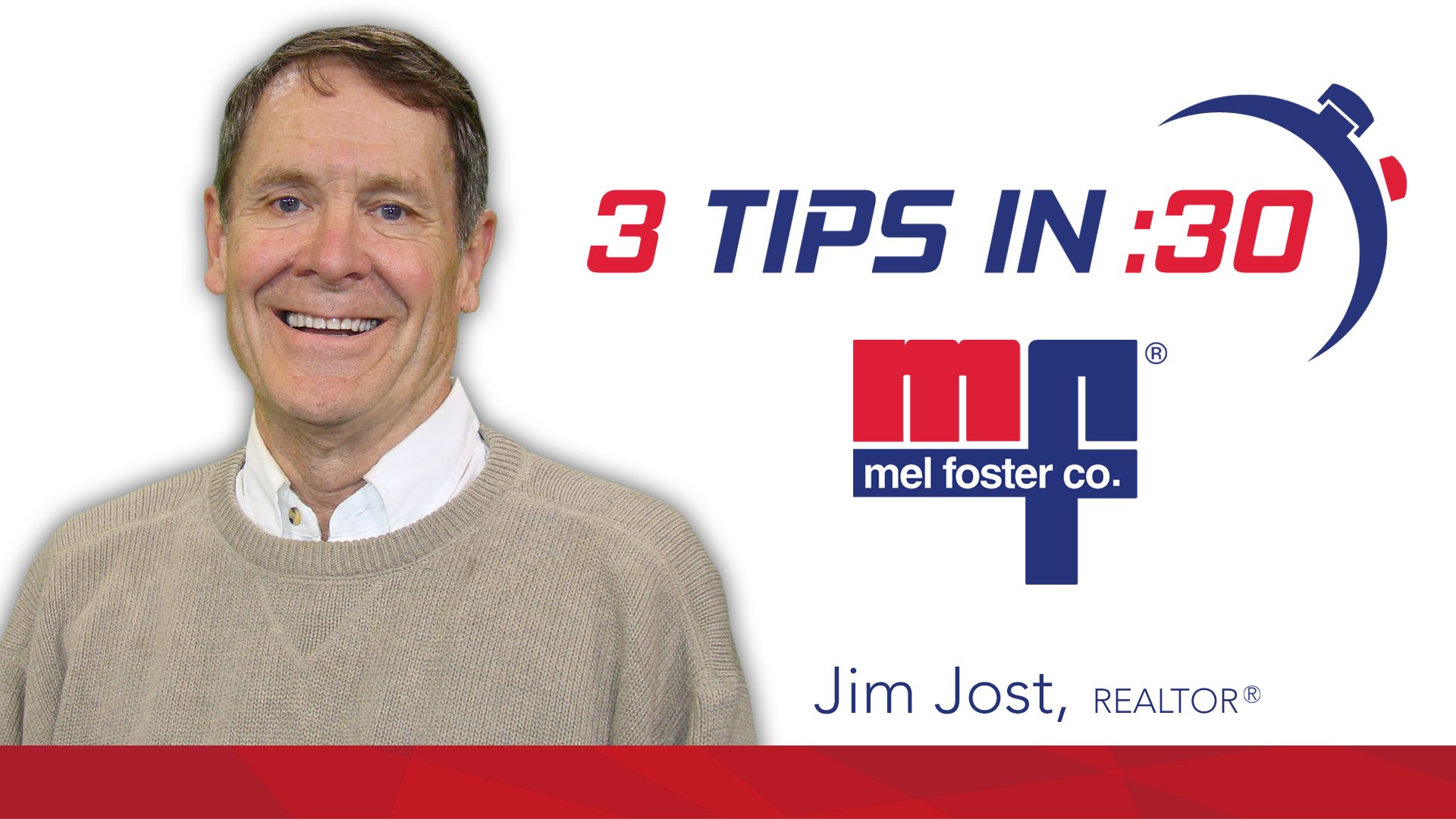After months of high interest rates, mortgage rates are declining. This rate decline means good things for sellers. While it’s true that you should consider selling your home if the timing with the financial market andyour situation aligns, now is a great time to get your house on the market. A Mel Foster Co. agent can help you get started.
Interest rate cuts from the Federal Reserve Bank have begun and are expected to continue into 2025. This decline in mortgage rates is driving more buyers into the housing market. Mortgage rates have decreased significantly since the beginning of August 2024.
Home sales have also increased after months of declines. So, if you’re a homeowner thinking about selling, a spike in buyer activity works in your favor. Since the market has become more accessible to a wider range of buyers and there is more competition for available homes, these factors can lead to higher offers and your home may be on the market for a shorter period of time.
Work with your local Mel Foster Co. agent to make the most of increased buyer demand and get your house ready to sell. Focus on these projects first when preparing your house to sell:
- Find a Mel Foster Co. agent and use their expertise from the start
- Consider a pre-sale home inspection to determine any trouble areas to correct
- Invest time in your home’s curb appeal
- Declutter and tidy up storage areas like the garage, basement and closets
- Do the deep clean
- Gather warranties and user manuals to pass along at closing
Find more selling tips for homeowners.








